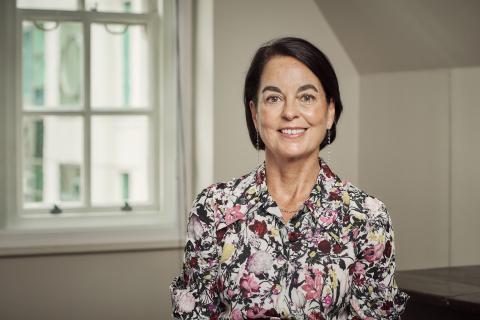BBC and subscription: Impractical and not inclusive
28 January 2022Alongside freezing the licence fee for the next two years, the government made it clear that it believes the fee is no longer the optimal mechanism to fund the BBC, demonstrating a willingness to remove it in 2028
What seems to be the government's preferred replacement, a subscription, is not ideal: there are structural issues that mean it would not be possible to have a service that all could subscribe to without a costly switchover
Furthermore, a subscription would undermine a number of tenets of public service broadcasting, most notably universality, breadth of programming and representing the diversity of Britain—naturally a subscription service would pivot to commercially efficient content that targets its subscribers and those most likely to subscribe

